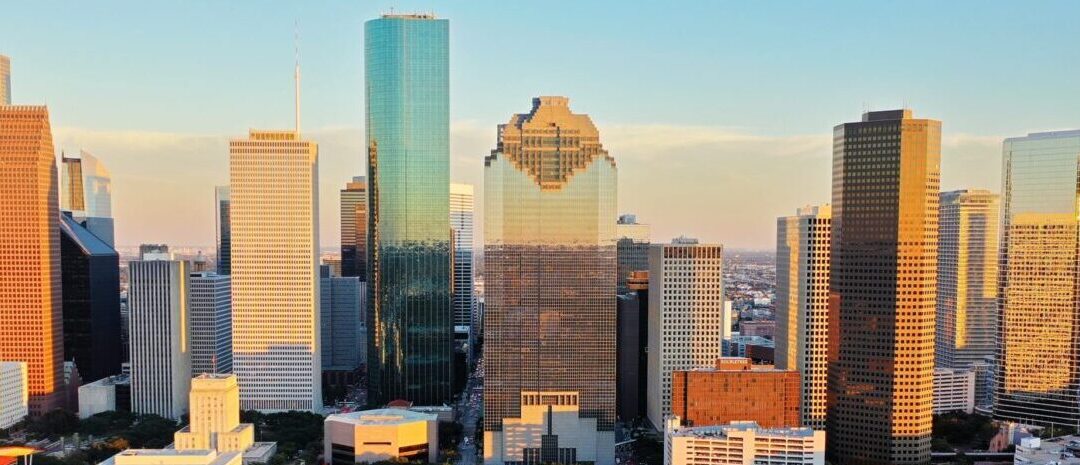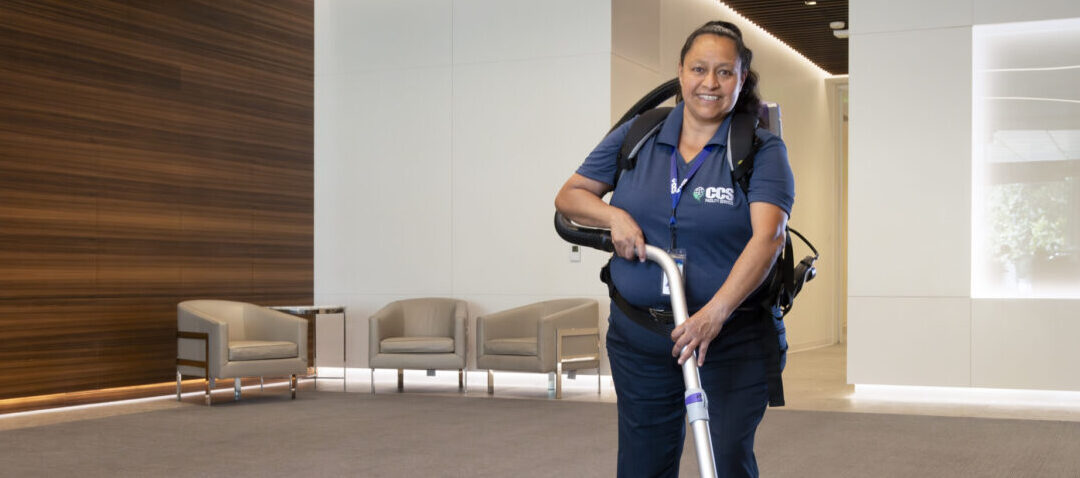Facility managers have the responsibility of not only overseeing the parts of a building one sees but also ensuring the comfort of building occupants. Behind closed doors, and sometimes under the ground people walk on, complicated machinery delivering multiple comfort elements must be maintained consistently to ensure a smoothly running facility. For maintenance of a building’s multiple and various inner workings, that is where facility engineers come in.
As certified experts in their respective fields, facility engineers can swiftly identify and intervene when an issue happens within a building. Their diligent and trained eyes help find mechanical failures before major problems occur. As recommended by Matt Urquhart, CCS Facility Services’ Engineering Director of Operations, buildings under 100,000 feet primarily will need preventative maintenance, while larger buildings will need to be more recurrently assessed for mechanical errors and worked in daily to maintain proper function. The major areas of focus for engineers to maintain and optimize include:
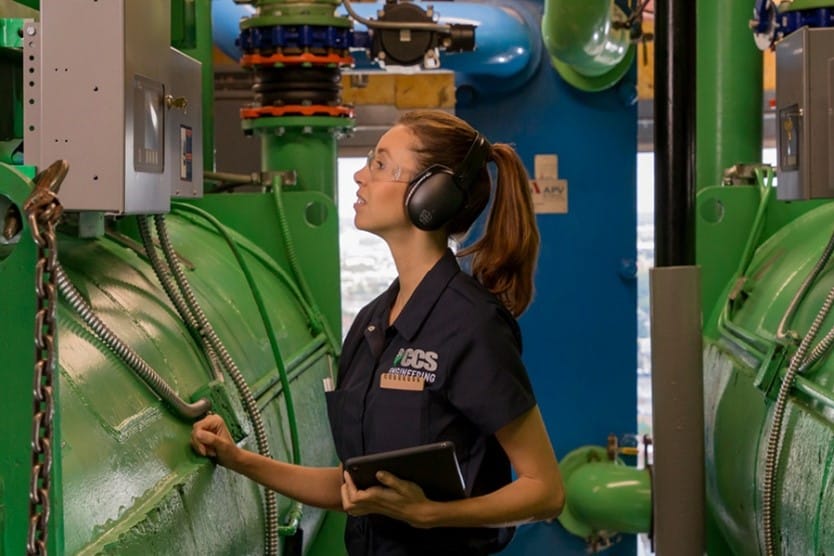
Air Quality
While arguably the least visible aspect in a facility, air is a critical factor in building comfort. Specially trained and licensed engineers install and maintain heating, ventilation, and air conditioning (commonly known as HVAC) equipment, providing building dwellers with clean and temperate air.
Engineers can step in quickly to adjust the inside temperature based on the fluctuations of the weather outside, ensuring the building is comfortable for occupant use. Keeping up with air quality conditions can also help prevent Sick Building Syndrome (SBS), which is when people experience a variety of poor health conditions while inside a building but begin to feel better after exiting. This can be caused by a few factors, and improper ventilation is often the chief culprit.
Lighting
Proper lighting is necessary for the safety of occupants who otherwise may injure themselves from lack of visibility. Lighting issues can vary from replacing dead bulbs to strategically placing outdoor lighting to maximize safety. Visibility also can impact engineers’ ability to spot and assess mechanical errors or operate machinery safely.
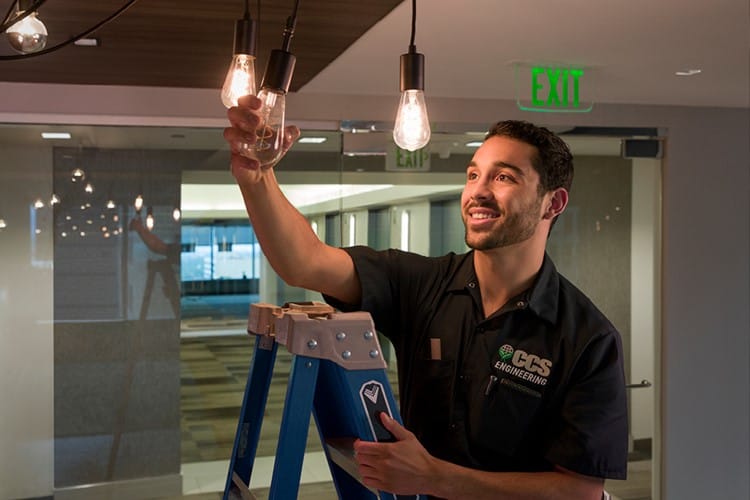
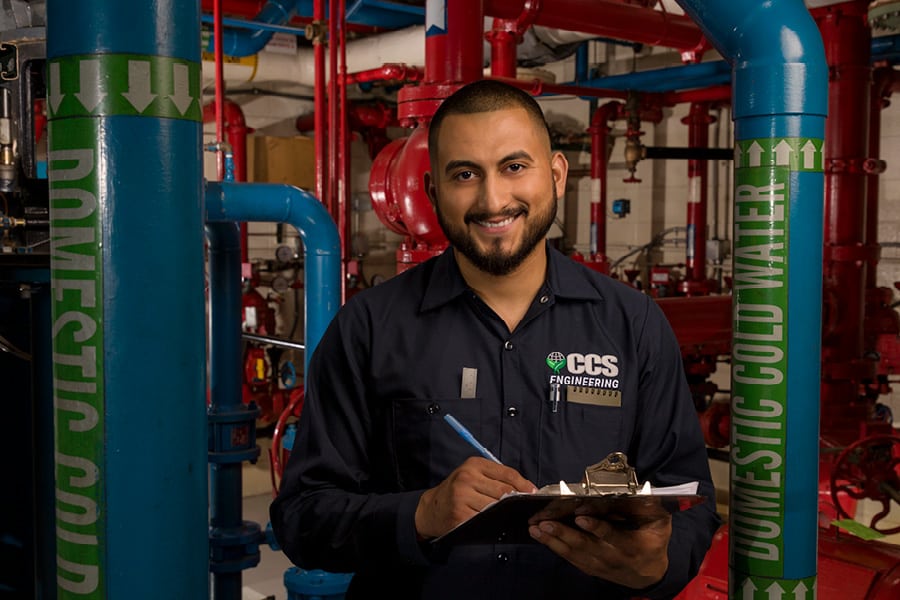
Plumbing
Water is a daily necessity for any type of occupied building. With toilets, sinks, and many other large appliances reliant on sufficient water flow, keeping pipes in good working condition is one of the most important jobs an engineer has. In addition to the regular daily water demands, some buildings are at flood risk during rainy and snowy seasons.
This can be particularly problematic as standing water causes major damage to floors, walls, and anything electrical. If left unmitigated, water can cause mold, which can be extremely dangerous to occupant health and safety. The Centers for Disease Control and Prevention provide guidance on the health risks that come with flooding in facilities.
Engineering supports the longevity of a building as well as the success of those who manage it. Maintaining these many forms of comfort and safety for hundreds to thousands of occupants is no easy task. That is why hiring reliable and skilled engineers is an investment in keeping facility occupants happy. CCS Facility Services’ engineering team can provide a wide array of services to any sized building. With our core values rooted in commitment, accountability, continuous improvement, professional integrity, and excellence, we offer industry-leading solutions to commercial engineering. Visit our website to learn more about the capabilities of CCS Engineering.


